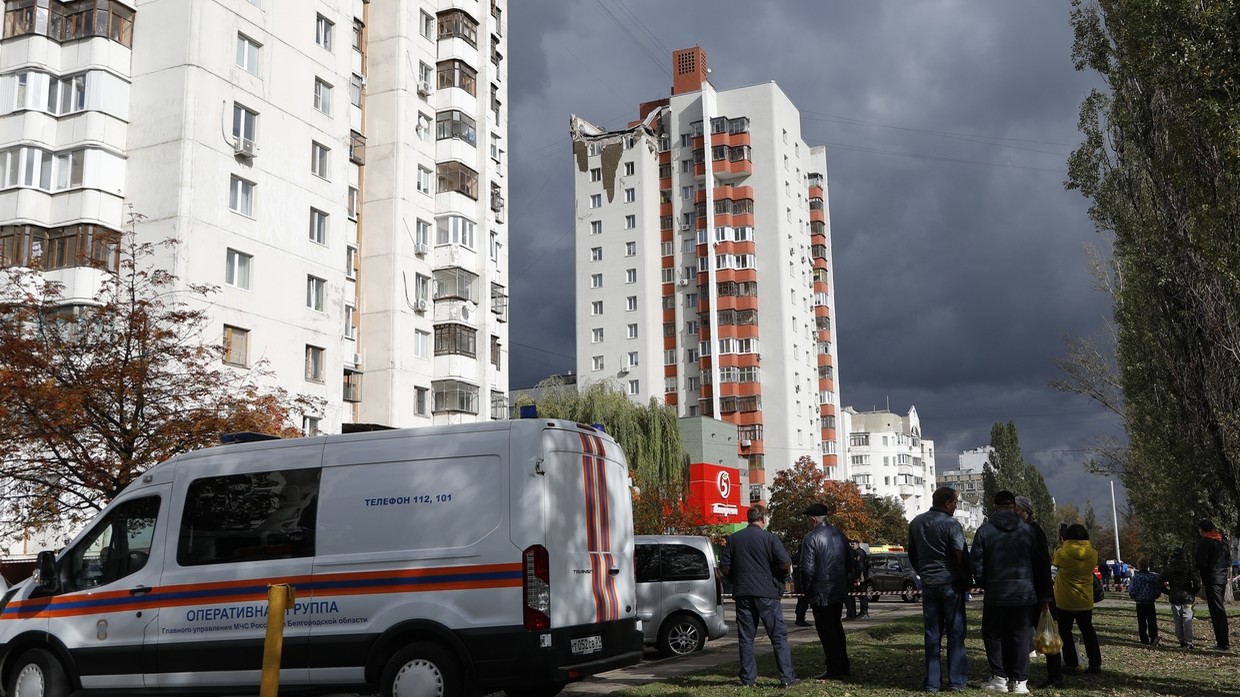While the US distanced itself from Ukraine’s drone strike at two air bases hundreds of kilometers inside Russia, the German government’s spokesman said on Wednesday that Kiev doesn’t have to limit its war effort to Ukrainian territory.
“Ukraine has a right to self-defense under Article 51 of the UN Charter,” Steffen Hebestreit told journalists, when asked to comment on reports of explosions at the Russian airfields. “Ukraine is not obligated to limit defense efforts to its own territory.”
Two strategic bomber bases in Ryazan and Saratov regions came under attack by drones on Monday morning, according to the Russian Defense Ministry. Three service members were killed and several more injured, while two airplanes suffered minor damage. The attack did not disrupt the planned strike against Ukrainian military logistics later in the day.
The attack came on the same day as revelations that the US had modified HIMARS rocket launchers so Ukraine could not use them for longer-range missiles, allegedly because the White House wanted to avoid escalation with the Kremlin.
US Secretary of State Antony Blinken told reporters on Tuesday that Washington has “neither encouraged nor enabled the Ukrainians to strike inside of Russia,” but instead provided them with “the equipment that they need to defend themselves.”
Moscow has repeatedly warned the US and NATO that providing heavy weapons to Ukraine risks crossing Russia’s “red lines,” and involving them in the conflict directly. Washington and its allies insist they are not a party to the hostilities, but continue arming Kiev.
German Chancellor Olaf Scholz has pledged to invest much more into his military, so that Berlin can become “the guarantor of European security that our allies expect us to be, a bridge builder within the European Union.” However, German media have noted that it will take until 2026 to hit the NATO-mandated goal of spending 2% of the GDP on the armed forces.


